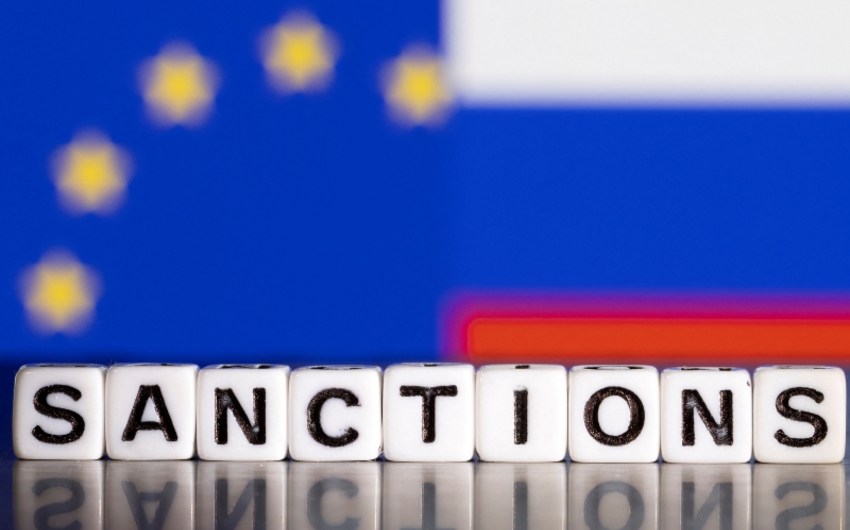Since the European Union began imposing sanctions on Russia in 2022, Armenia has seen a significant increase in its trade turnover with Russia. This surge is largely due to Armenia purchasing goods from the EU and reselling them to Russia, effectively circumventing the sanctions.
Peter Stano, the Lead Spokesperson for Foreign Affairs and Security Policy of the European Union, told Report that the EU is closely monitoring the flow of sanctioned goods from the EU to third countries, including from Armenia to Russia, as part of its efforts to support Ukraine.
"The European Union has imposed a range of extensive sanctions on Russia due to its illegal war against Ukraine. As part of our support for Ukraine, we have called on all countries to take similar national measures or, at the very least, not to allow any circumvention or violation of the sanctions," Stano emphasized.
He noted that preventing sanctions violations is crucial for effectively reducing Russia's technological and financial capabilities in the war against Ukraine:
"This is particularly important in terms of our sanctions applied to the most sensitive goods used in Russian military systems. Therefore, we are closely monitoring the trade flow of sanctioned goods from the EU to third countries and from third countries, including Armenia, to Russia. We are also increasing our efforts to prevent such cases, for example, by intensifying diplomatic contacts with countries playing a platform role to prevent the passage of sanctioned EU goods to Russia through third countries."
However, there are sufficient grounds for cases disregarding Europe's sanctions. The social media posts by Robin Brooks, a leading expert at the Brookings Institution, serve as evidence. The graphs in those posts also reflect a sharp increase in trade turnover between Armenia and EU countries.
Economic expert Vugar Bayramli told Report that Western circles apply a double standard approach to the flow of sanctioned goods from Armenia to Russia through re-exports, demonstrating a pro-Armenian stance and turning a blind eye to Armenia's re-exports:
"After the start of the Russia-Ukraine war, sharp increases have been observed in Armenia's foreign trade turnover with Russia. The sharp increase in both exports to and imports from Russia indicates that a number of products needed by Russia are actually being re-exported through Armenia."
According to Bayramli, sanctions should also be applied to Armenia in line with the philosophy of the European Union and the United States:
"Though this issue is being discussed in various circles, such as the Euronest Parliamentary Assembly of the European Parliament, where a special presentation was made by foreign experts, unfortunately, official circles in Europe and the West are turning a blind eye to this matter. This actually indicates a pro-Armenian stance and double standards. While the West should impose sanctions on Armenia according to its own standards, we are witnessing Western support for Armenia."
Bayramli noted that Azerbaijani NGOs have submitted a substantiated appeal in this regard:
"The appeal clearly confirms, with figures on changes in foreign trade turnover over the years and changes in trade turnover between Armenia and Russia after the start of the Russia-Ukraine war, that Armenia has created conditions for Russia to evade international sanctions through re-exports. We hope that Western circles will take this appeal seriously, investigate impartially, and impose sanctions against Armenia."


 https://static.report.az/photo/ea69cd0e-d528-3ce8-be42-3a1453084e0a.png
https://static.report.az/photo/ea69cd0e-d528-3ce8-be42-3a1453084e0a.png

